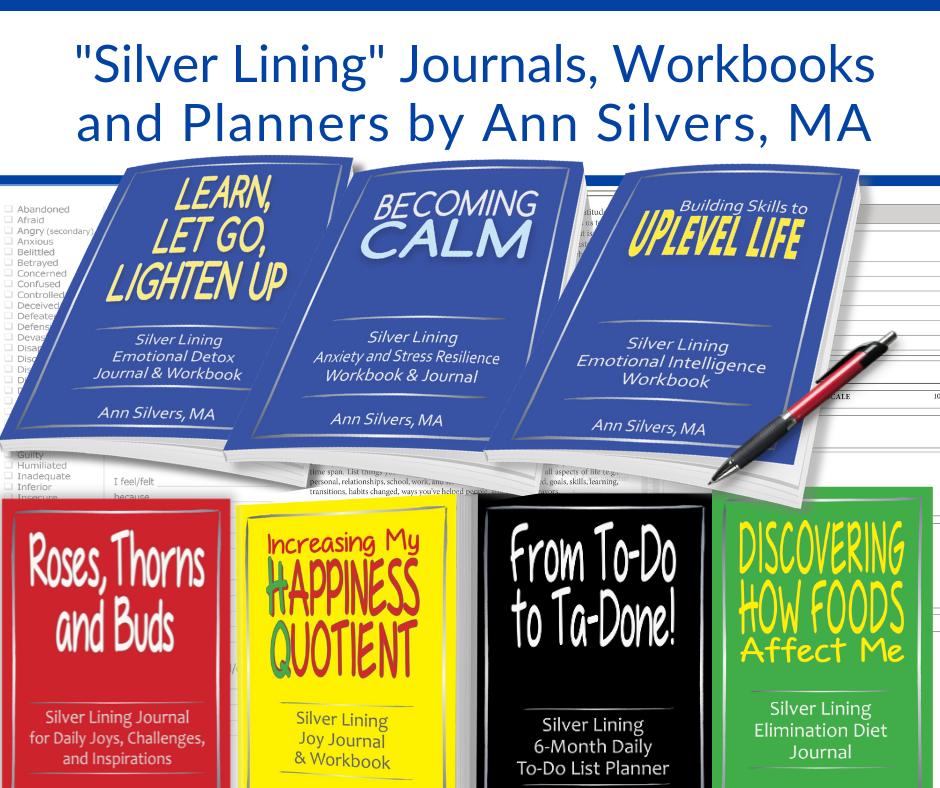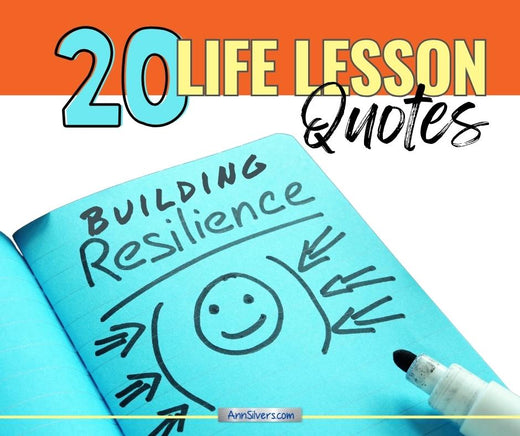
Emotional Intelligence and Suicide Risk: What Research Shows 0
Research from around the world has examined the relationship between emotional intelligence and suicide risk. This article summarizes key studies linking emotional intelligence to suicidal ideation and behavior, and outlines why EI might act as a protective factor.
- Ann Silvers
- Tags: depression emotional intelligence men's health stress

Neurotransmitters: How Your Brain Calms Down or Revs Up 0
Neurotransmitters regulate mood, energy, focus, and stress responses. Learn how calming and stimulating neurotransmitters work, how they communicate between nerve cells, and how nutrition and medications influence their function.

Signs of Low Self-Esteem: From Self-Doubt to Overcompensation 0
Low self-esteem doesn’t always look like insecurity or self-doubt. It can also show up as overcompensation, perfectionism, or arrogance. Understanding these patterns can help clarify what’s actually driving self-worth struggles.
- Ann Silvers
- Tags: depression emotional intelligence self-esteem and self-confidence

Silver Lining Series of Workbooks, Journals, and Planners 0
Through my work as a counselor, I’ve seen firsthand what helps people build resilience, improve relationships, and create positive change in their lives. I bring that experience into my writing, creating resources that are both self-help (for individuals) and helper-help (for professionals like therapists, teachers, and group leaders).
Whether you're working through anxiety, exploring emotional intelligence, or simply looking for a better way to track your to-dos, these workbooks, journals, and planner provide structured support for real-life challenges.

Building Resilience: 20 Life Lesson Quotes with Graphics 0
Building resilience is key to navigating life’s challenges. It helps you adapt, recover, and grow stronger when faced with difficulties. Healthy, resilient coping mechanisms help you bounce back after adversity. This post explores how hard times both require and strengthen resilience, highlighting six key qualities that support it: courage, patience, optimism, gratitude, flexibility, and perseverance.
Discover 20 short, inspiring, motivational resilience quotes to help you turn obstacles into opportunities for personal growth.
- Ann Silvers
- Tags: anxiety relief depression emotional intelligence happiness Positive Inspiring Quotes stress

What Are Emotional Triggers? Identify & Manage Your Reactions 0
Emotional triggers are feelings, events, situations, places, people, and things that propel overreactions, anxiety, anger, withdrawal, or other negative automatic responses. They are often associated with negative past experiences that get tapped into by current events.
Recognizing and managing your triggers is vital for your own well-being, happy relationships, and career success.





